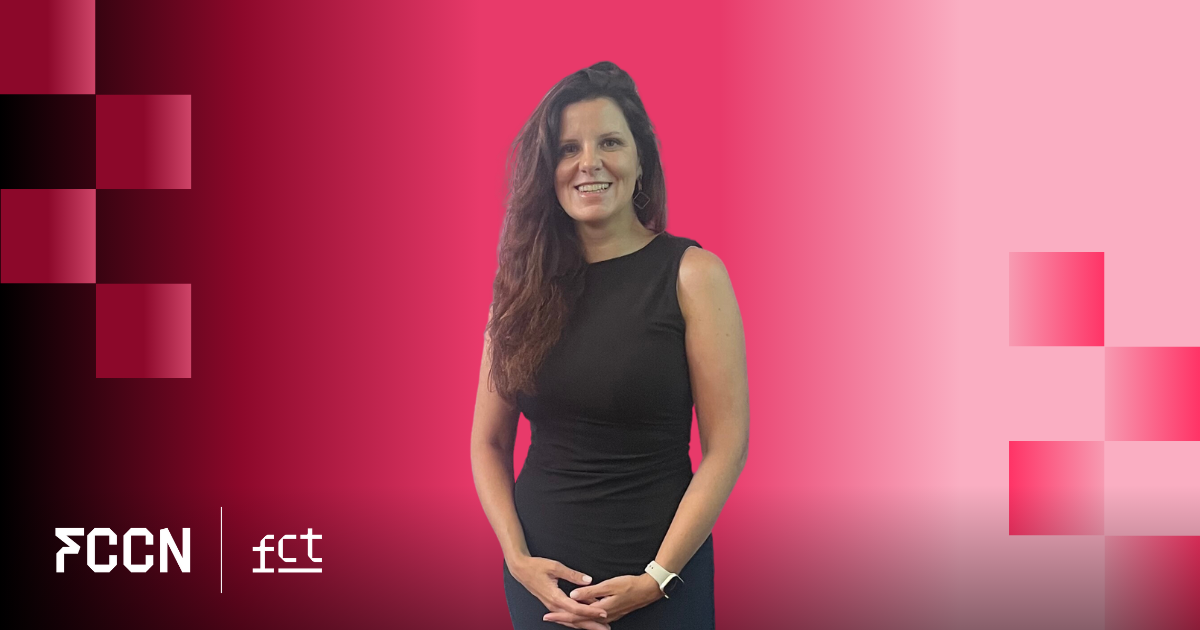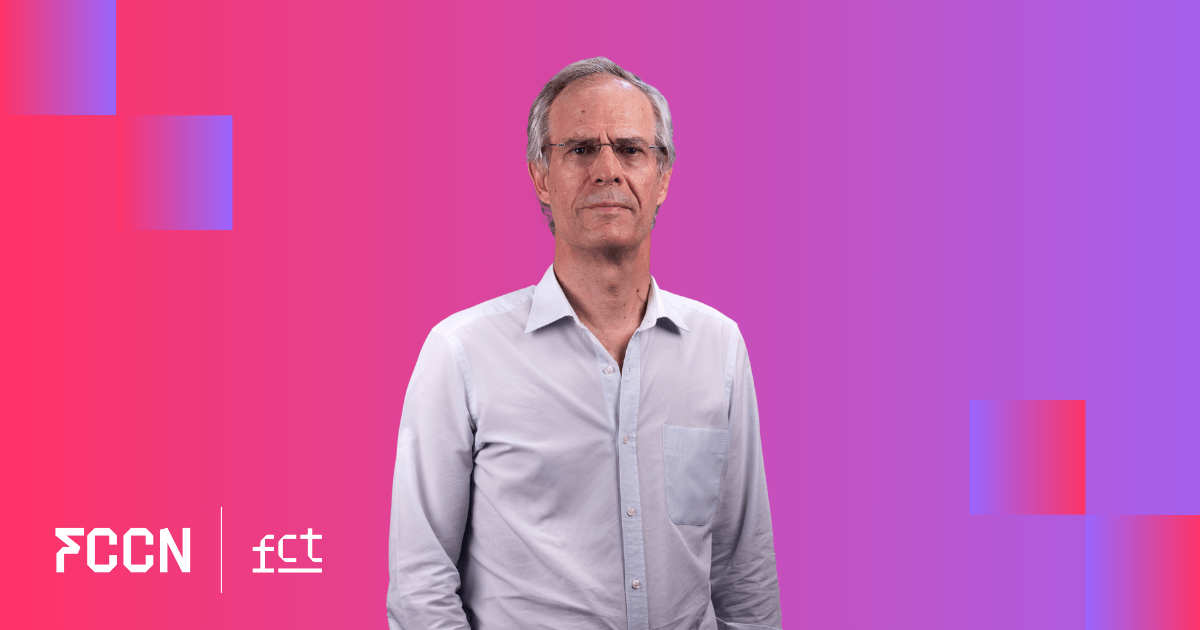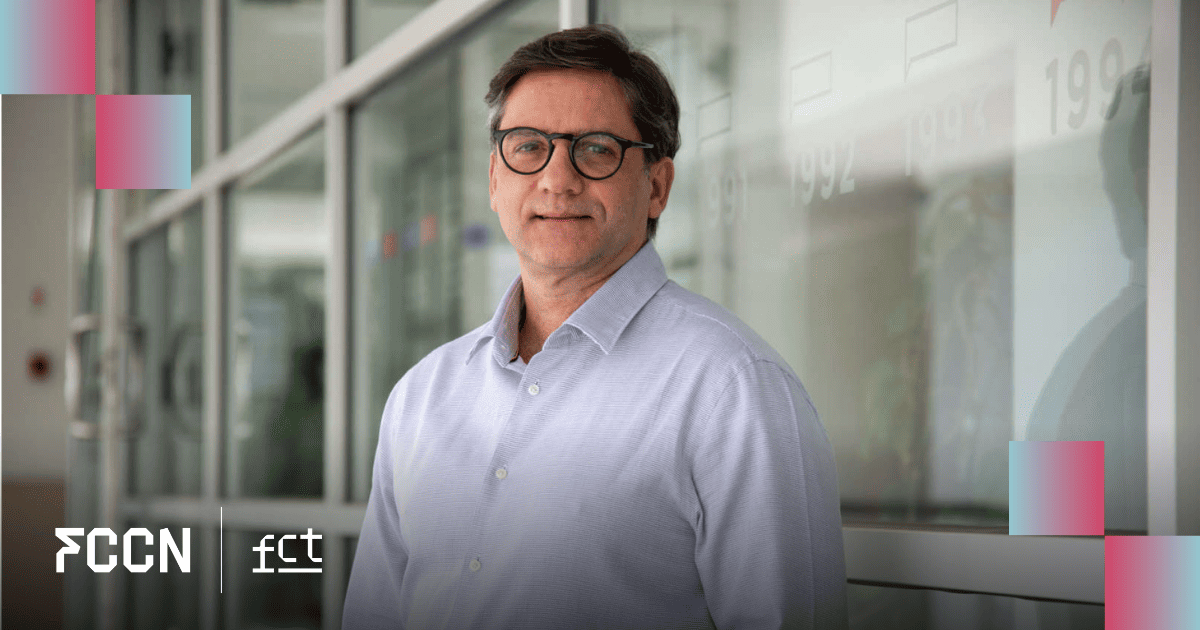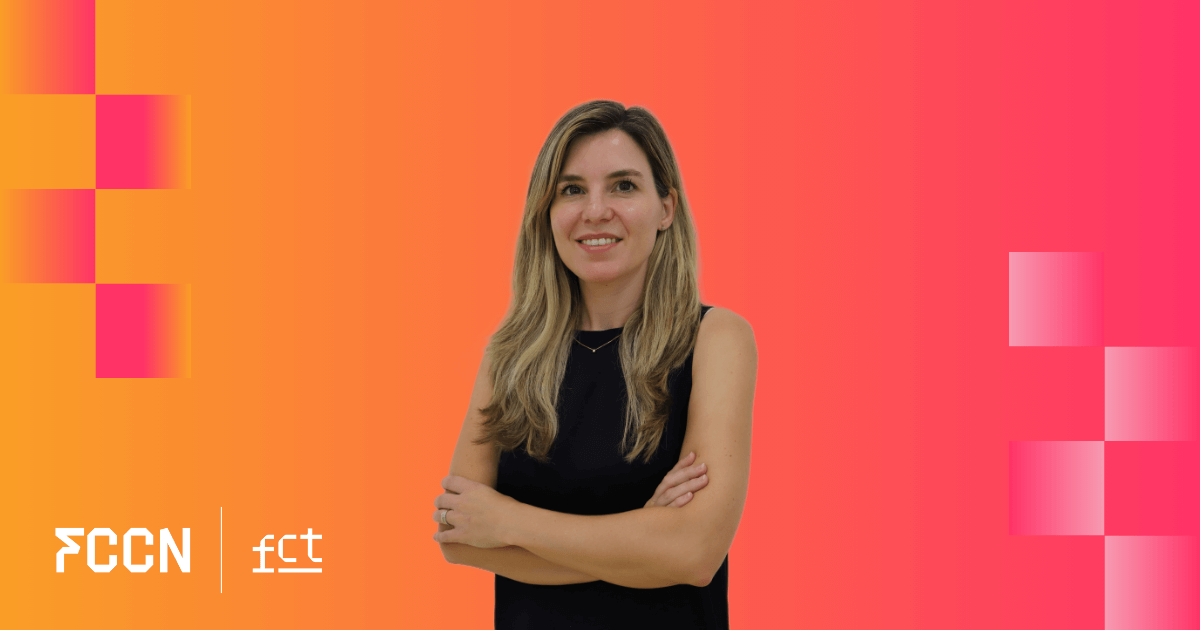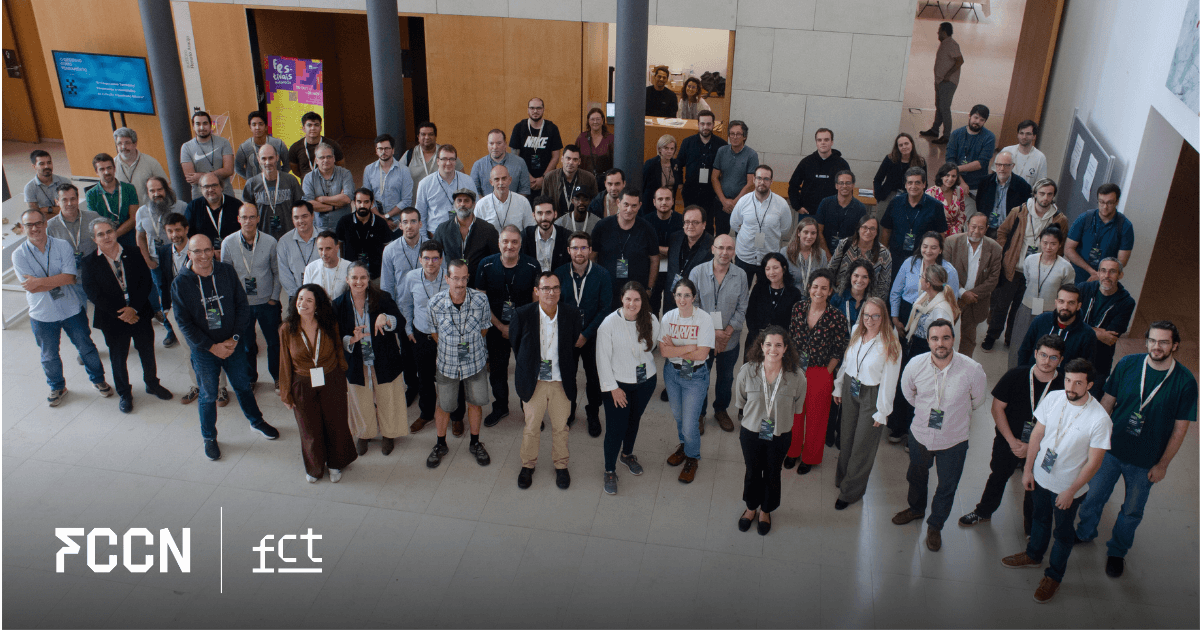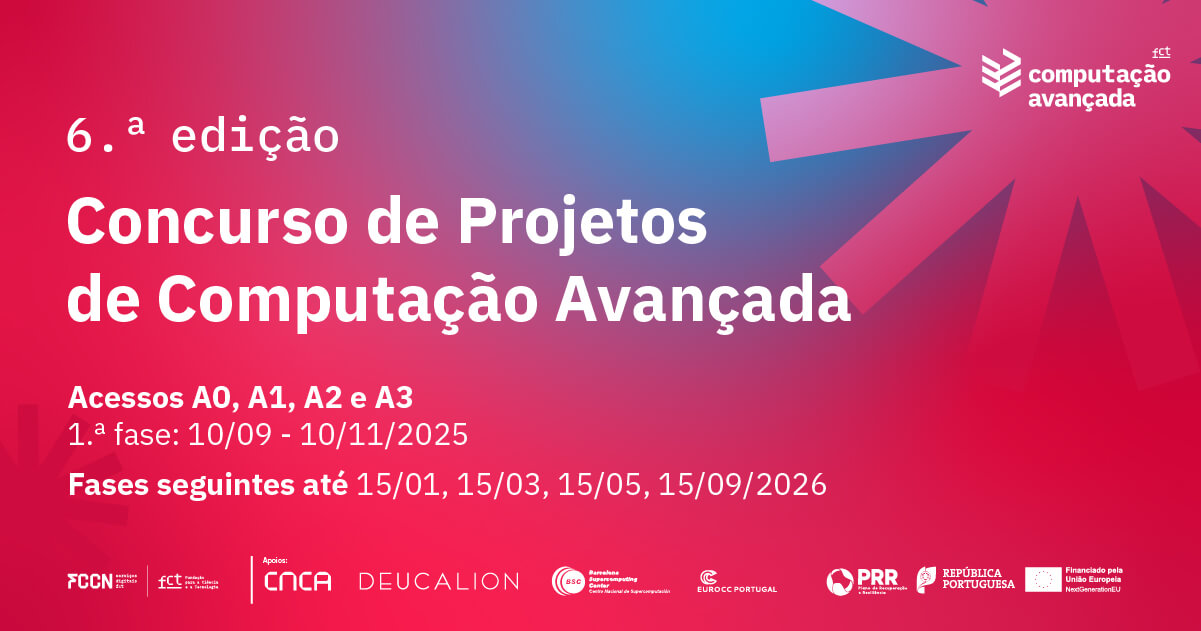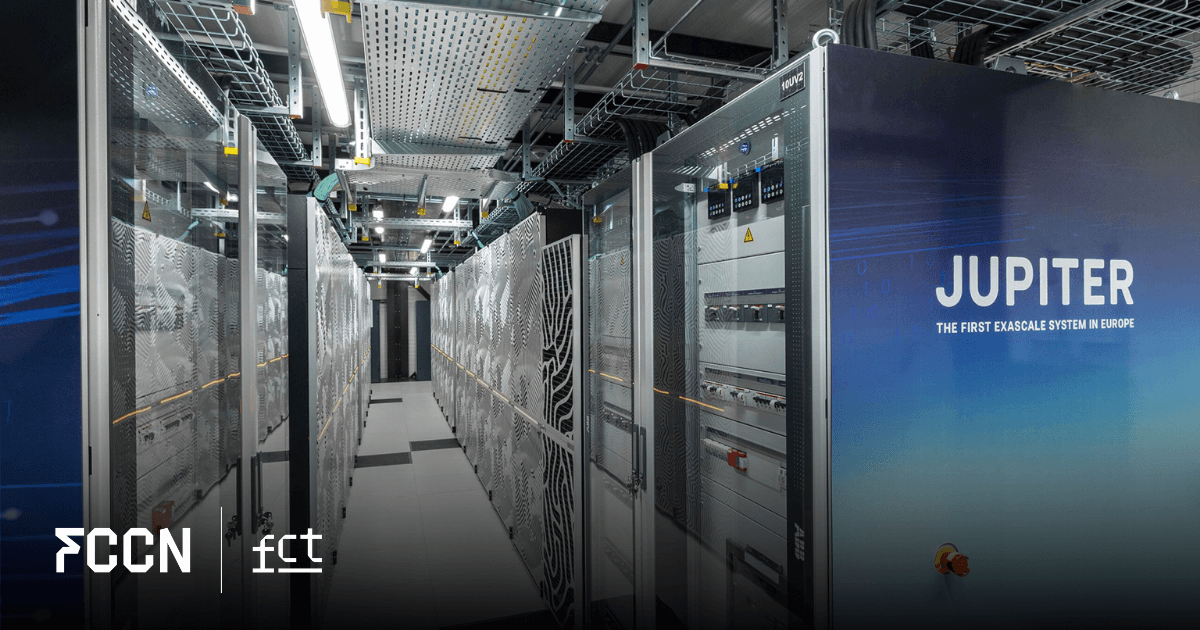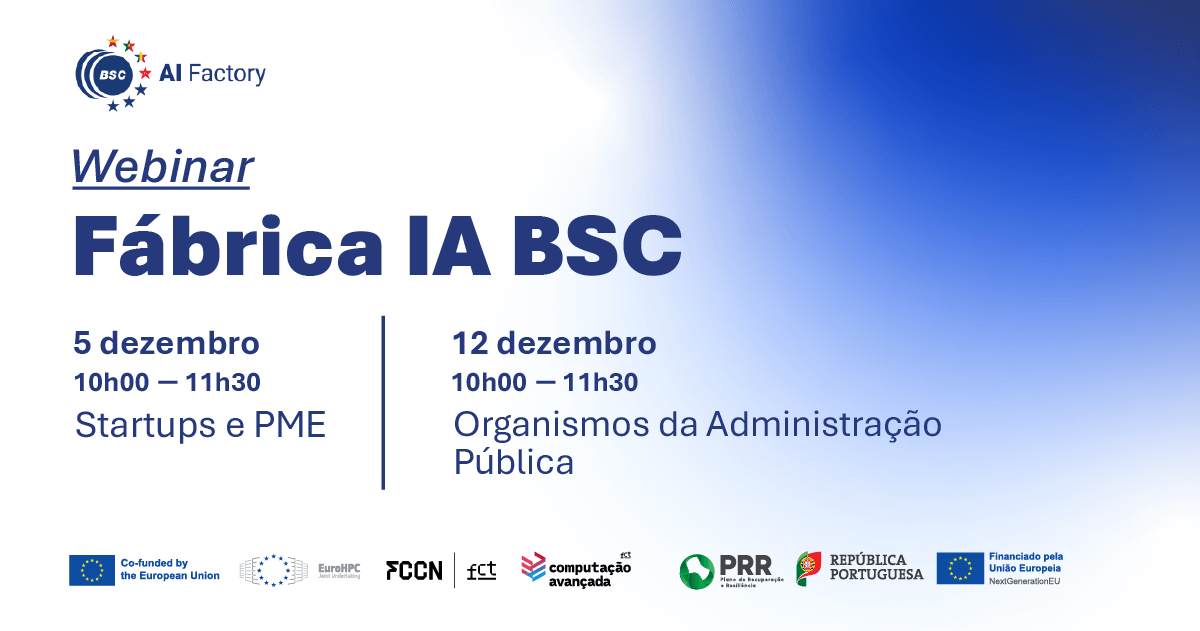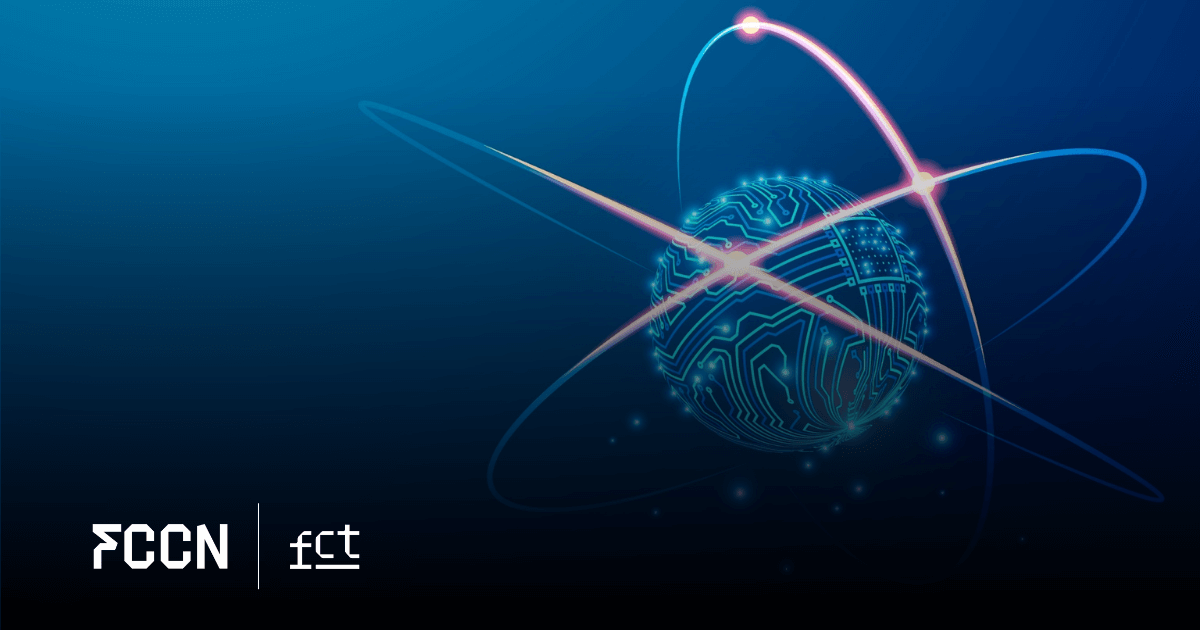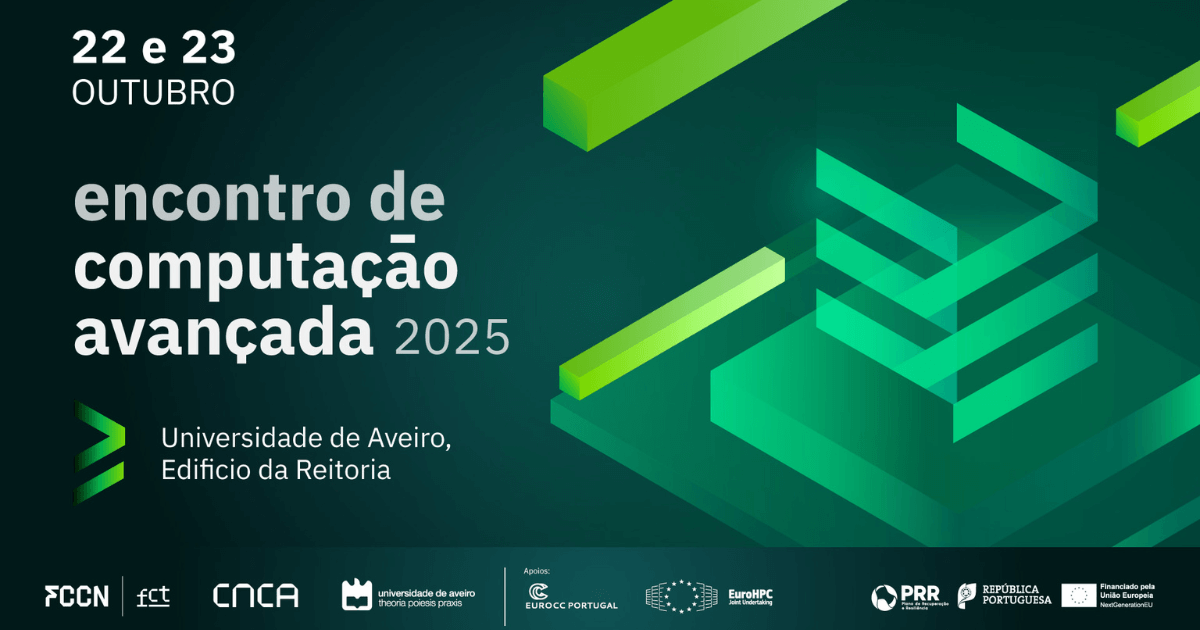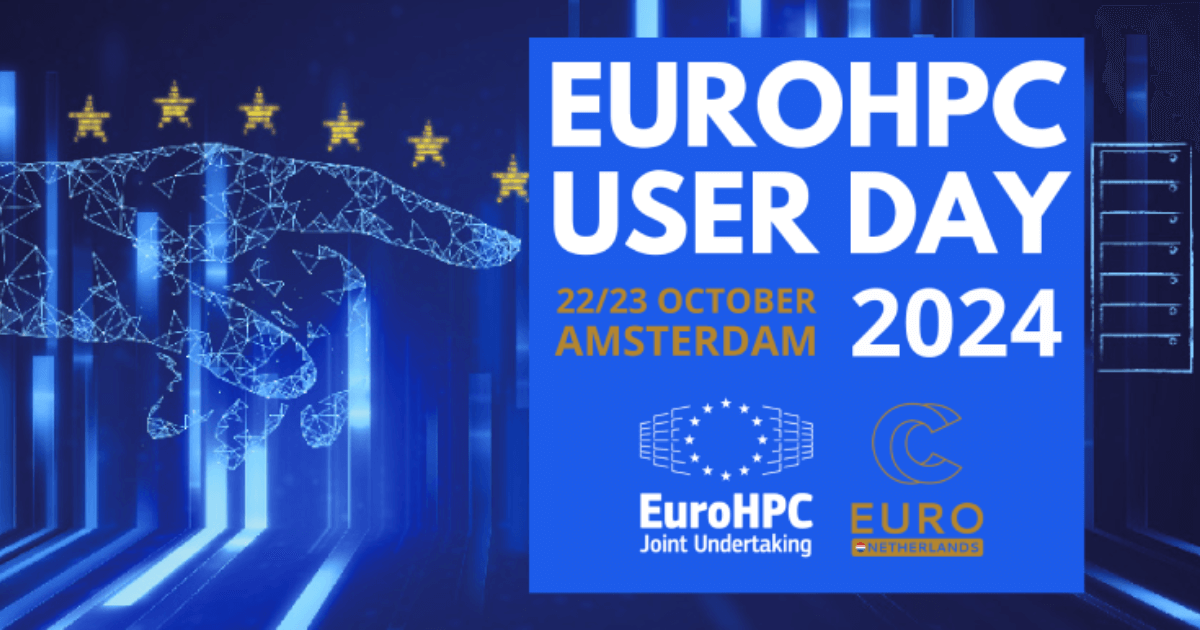One month before the 4th Advanced Computing Meeting, which will take place between November 5th and 6th, at the University of Beira Interior, Irina Moreira, professor and researcher at Center for Neuroscience and Cell Biology from the University of Coimbra, shared his testimony about the 2023 edition, the first one he participated in.
The future edition of the Meeting is organized by FCCN, digital services of the Foundation for Science and Technology (FCT), in collaboration with the University of Beira Interior.
– How important is this event for Advanced Computing in Portugal?
The importance of the Advanced Computing Meeting in Portugal is unquestionable. This event serves as a meeting point for researchers, academics, industry professionals, and other experts in the field, promoting the exchange of ideas and the sharing of knowledge on the latest trends and innovations.
Furthermore, it provides detailed information about the national advanced computing network and its access methods. It also encourages the creation of collaboration networks between various institutions, both national and international, which is essential for scientific and technological progress in Portugal.
– What were the highlights of the last edition and what was most memorable?
One of the main highlights was the presentation of new ways of accessing European supercomputers, which significantly expanded the opportunities available nationally and facilitated access to these essential resources.
Another relevant point was the introduction of new resources of the National Advanced Computing Network (RNCA), which plays a crucial role in training companies and publicizing their access methods.
The Advanced Computing Projects were another major highlight, sparking strong interest among Portuguese researchers. As a co-founder of PURR.AI, I was particularly excited about the approval of our project in the most recent competition, where we distinguished ourselves with an innovative artificial intelligence solution applied to advanced computing, using the Deucalion supercomputer. Furthermore, the roundtables addressed essential issues such as data storage capacity, processing speed, and the feasibility of centralizing data access in a single location, freely accessible to the scientific community.
These debates were especially relevant to me, given the potential impact of these solutions on the advancement of scientific research in Portugal, where I am inserted.
